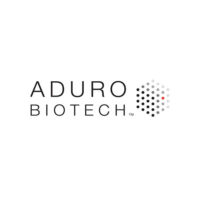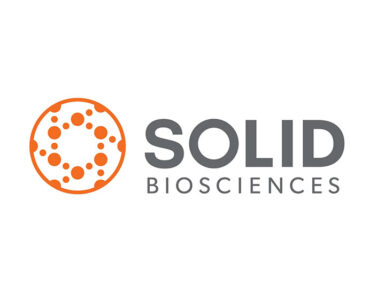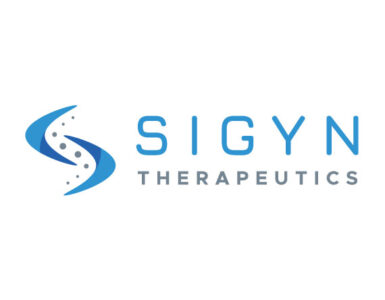
William Blair downgraded Aduro Biotech (NASDAQ:ADRO) to “market perform” from “outperform” and H.C. Wainwright cut its price target for Aduro after Novartis removed Aduro’s intratumoral STING agonist, ADU-S100, from its development portfolio. Shares of Aduro closed at $1.15 on Dec. 17.
Novartis also is winding down a Phase 1b study of ADU-S100 in combination with spartalizumab as well as the Phase 1 trial in combination with Yervoy in melanoma patients. “The decision is based on the clinical data generated to date, a disappointing outcome for such a promising preclinical target,” writes Blair analyst Matt Phipps.
At a trading price of $1.15, he said Aduro has a market cap of $92.59-million. At the end of the third quarter, the company had $235.4-million in cash, which company guidance indicates will support operations into 2022, he added.
Aduro continues to enroll patients in a Phase 2 trial of ADU-S100 in combination with Keytruda in patients with head and neck squamous cell carcinoma, with initial data in the second half of 2020, and plans to initiate a trial of ADU-S100 monotherapy in non-muscle invasive bladder cancer in the second half of 2020.
“We had held out hope the initial signals of efficacy observed in triple negative breast cancer (TNBC) patients, both with ADU-S100 and Merck’s STING agonist, MK-1454, would be confirmed in larger patient cohorts, but Novartis’ decision not to launch an expansion cohort in this indication suggests additional data combined with the success of other immunotherapy combinations in TNBC do not warrant further exploration of ADU-S100 in TNBC,” Mr. Phipps said.
Joseph Pantginis of Wainwright cut his price target for Aduro to $4 from $7. According to the terms of the collaboration with Novartis, “should ADU-S100 progress into pivotal stage both Aduro and Novartis are required to provide funding for the pivotal regardless of Novartis opting out in early stages.”
In addition, Novartis may have to honor some reimbursement obligations for expenses related to the early stages of development, he added.
While Novartis is moving away from intratumoral STING agonism, “we note that it remains committed to targeting the pathway, and we have no expectation that the pharma is going to alter the terms of its partnership with Aduro,” Mr. Pantginis said.





